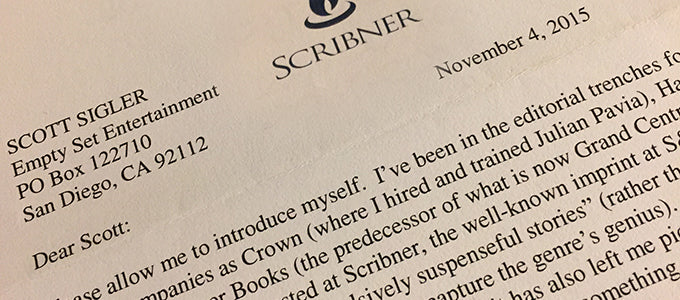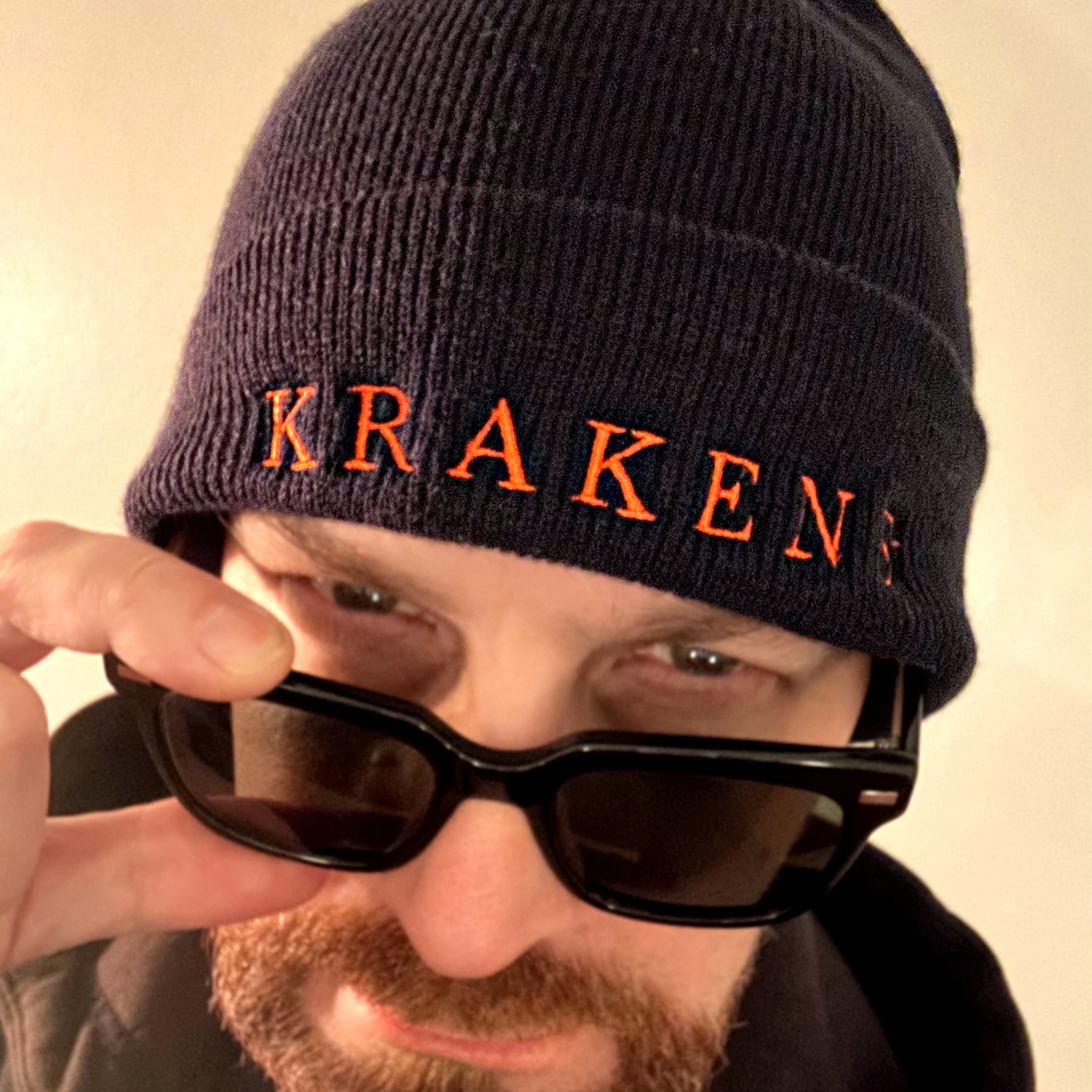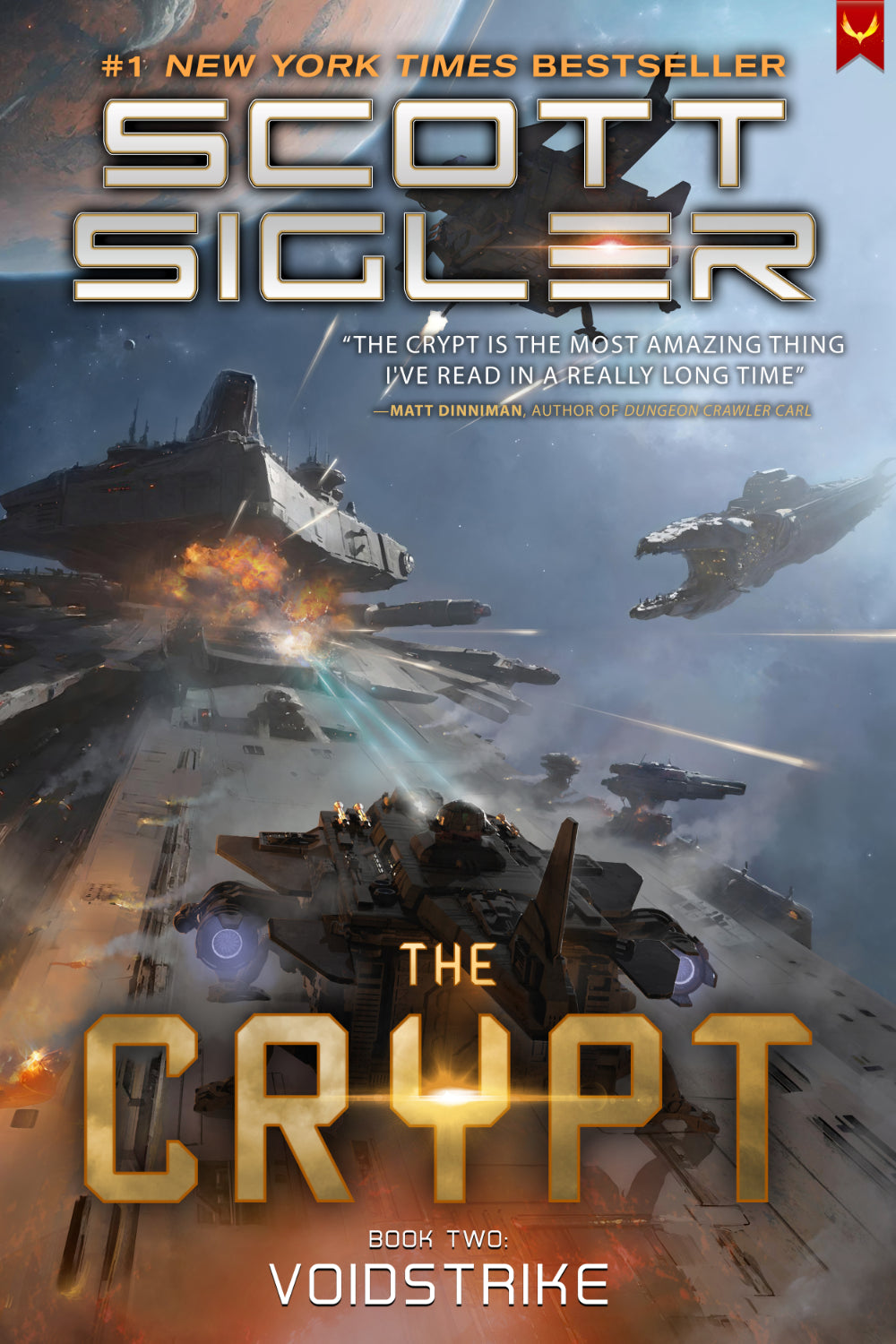How does it feel when the people who reject you for that thing you desperately want to do wind up courting you when you've finally done that thing? Well, that's more than a little overly dramatic for this situation, but as they taught me when I was a journalist you have to hook the reader with the lead. Hook set. Now, let's lose the drama and lemme tell you a fun story, one that might give you some hope that there is a payoff for all the work you're doing. 
My writing career has come a long way in the 26 years since I landed my first publication credit (the gaming module "Siegeshire" in White Wolf Magazine). In the early days, it was all about mailing submissions and sample chapters (with actual paper and stamps, ya damn kids!). And I mean a lot of submissions. Short stories to magazine, novels to agents and editors. A lot of submissions means a lot of rejections. I kept every rejection letter I received. I still have most of them in my files (although some have been lost to the sands of time read also: move after move after move). At some point, I decided I wasn't really serious about being a full-time author until I had collected at least 100 rejection letters. I often refer to that concept as my personal "price of admission" into this field. Wanna ride the ride? Well, son, you have to pay for the ticket, and in these parts rejection letters are the currency of the realm. It may sound crazy, but my obsession with collecting 100 rejections helped me ride out the time where nobody wanted anything to do with my work. Instead of letting each letter crush my spirit (again, real paper, real stamps, that there was the Pre-Internet Age, where we got physical talismans of how bad we sucked), I chose to see each piece of paper was a tangible step closer to my goal of triple-figures. Yes yes yes, I had all this emotional armor and would not be denied, so the rejection letters didn't hurt at all. Right? Wrong. Of course every single one was a kick in the spiritual privates. The letters were polite and often encouraging, as in, "Hey there, sonny boy, you're in the ballpark, by all means keep swinging away, but for now get your ass back to the dugout." Still, gamifying helped change the perspective and made those individual "no uh-uhs" tolerable. But when you hit fifty rejection letters without landing a novel? Yeah, that sucks. How about seventy-five of those sonsabitches? Oh, FFS, this isn't any fun at all. And when you finally hit that century mark? Dude, it feels bad. Real bad. By the way, I was an overachiever I believe I hit 126 rejections before I was picked up by Random House and went full-time. Thanks to my agent at the time, the fantastic Joshua Bilmes of the JABberwocky Literary Agency, some editors got a chance to reject me more than once. Hey! Thank you, Editor Sir and/or Ma'am, you're now two percent of my goal! One of those editors was Rick Horgan. He was the VP Executive Editor at Warner Books. He rejected INFECTION on Jan 8, 1999, and ANCESTOR on July 31, 2002. Both "you didn't make the cut" letters were very nice, and trust me on this editors reject far more than they accept. Getting rejected is part of a writer's job when you're honing your craft. Below is Horgan's rejection letter of INFECTION (which would eventually become "INFECTED"):

Now jump in the DeLorean, flash forward seventeen years to 2016. That same editor, now the VP Executive Editor at Scribner, sends me a letter out of the blue. A rejection letter? No, hoss, this time he wants me to blurb a book. A "blurb" is the little snippet of text you see on book covers when one author endorses another's work. Asking an author for one means you think that author's brand name carries validity and weight in the marketplace. That's right: the same guy who rejected me twice was doing the editorial equivalent of tipping his hat in my general direction and asking me to help out another author on the way up. What a difference seventeen years (and a shit-ton of rejection letters and endless growth as a writer) can make, eh? This isn't me crowing about success, or trying to rub Horgan's nose in it. As I said, rejections are part of the game. If you want to be a full-time writer, get used to them. I actually asked Horgan for a comment I could use in this blog, and he obliged:
"I have rejected hundreds of books by great writers, many of which went on to sell gangbusters," Horgan said. "Being an editor is a lot like being a hitter in baseball there's a lot of whiffing involved."
That's the business, folks. In fact, he's sent out so many rejections during his amazing career that he didn't remember rejecting INFECTION and ANCESTOR he introduced himself to me in the first line of his letter.

The book he asked me to write was NOTHING SHORT OF DYING by Erik Storey. I loved it. So much so that I had Erik on my podcast to try and spread the word about this cool crime novel. Erik is fucking awesome and I hope he sets the world aflame. So to paraphrase the late, great Sam Kinison from the classic movie BACK TO SCHOOL, if you're up to your knees in rewrites, with plotlines that don't work, looking to get published, slugging it out ever day ... don't stop. Yes, rejections suck donkey balls. Yes, it's frustrating to keep hammering away at this and not get satisfaction. Even in the new era, it sucks to publish your own work on Kindle and not get the sales you're hoping for. Regardless of where your pain lies, keep going. Write more. Get better. Finish books, start new ones, finish them, repeat until, someday, you get that little bit of validation that makes you smile and appreciate the hard work you're putting in right now. Keep going.




